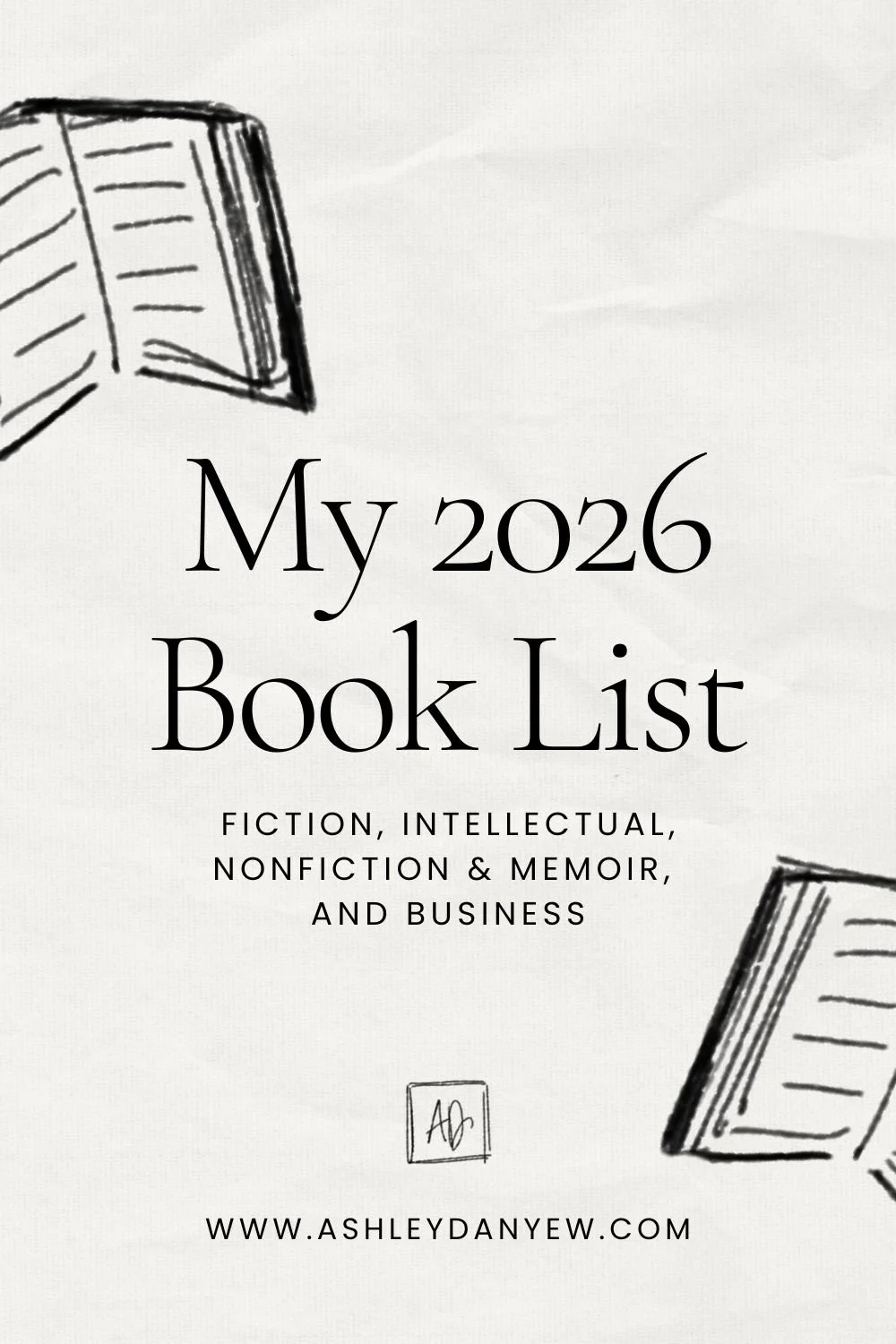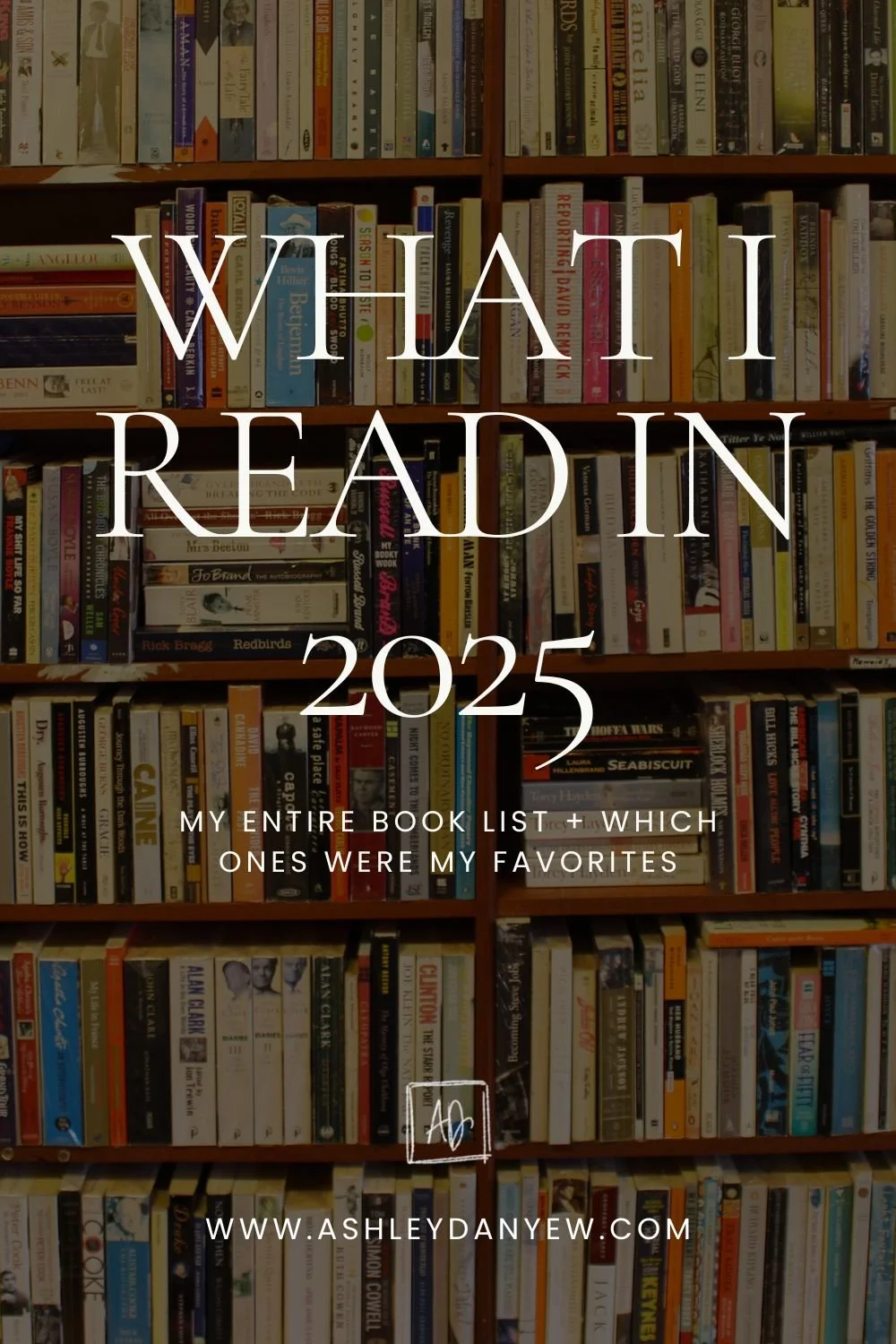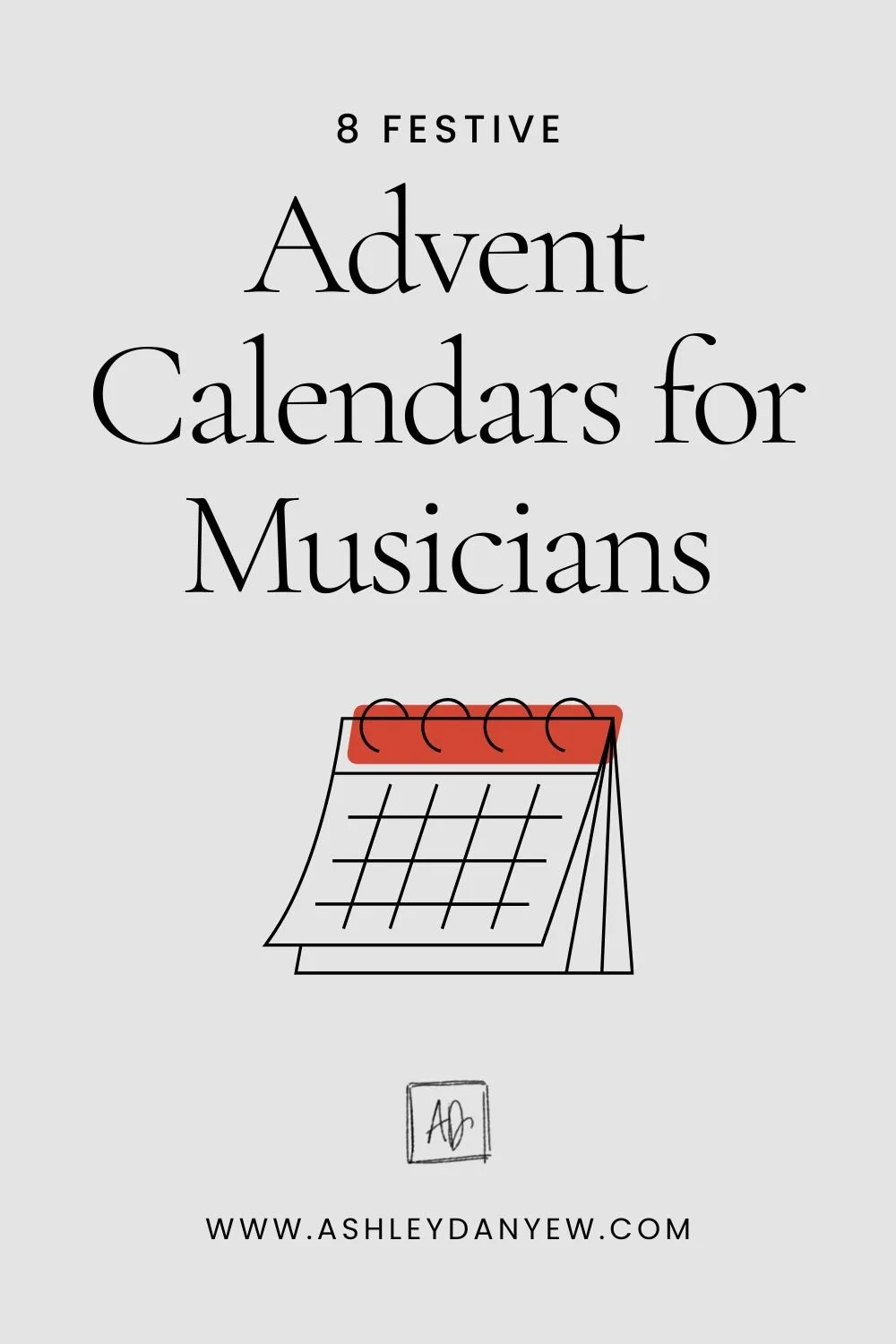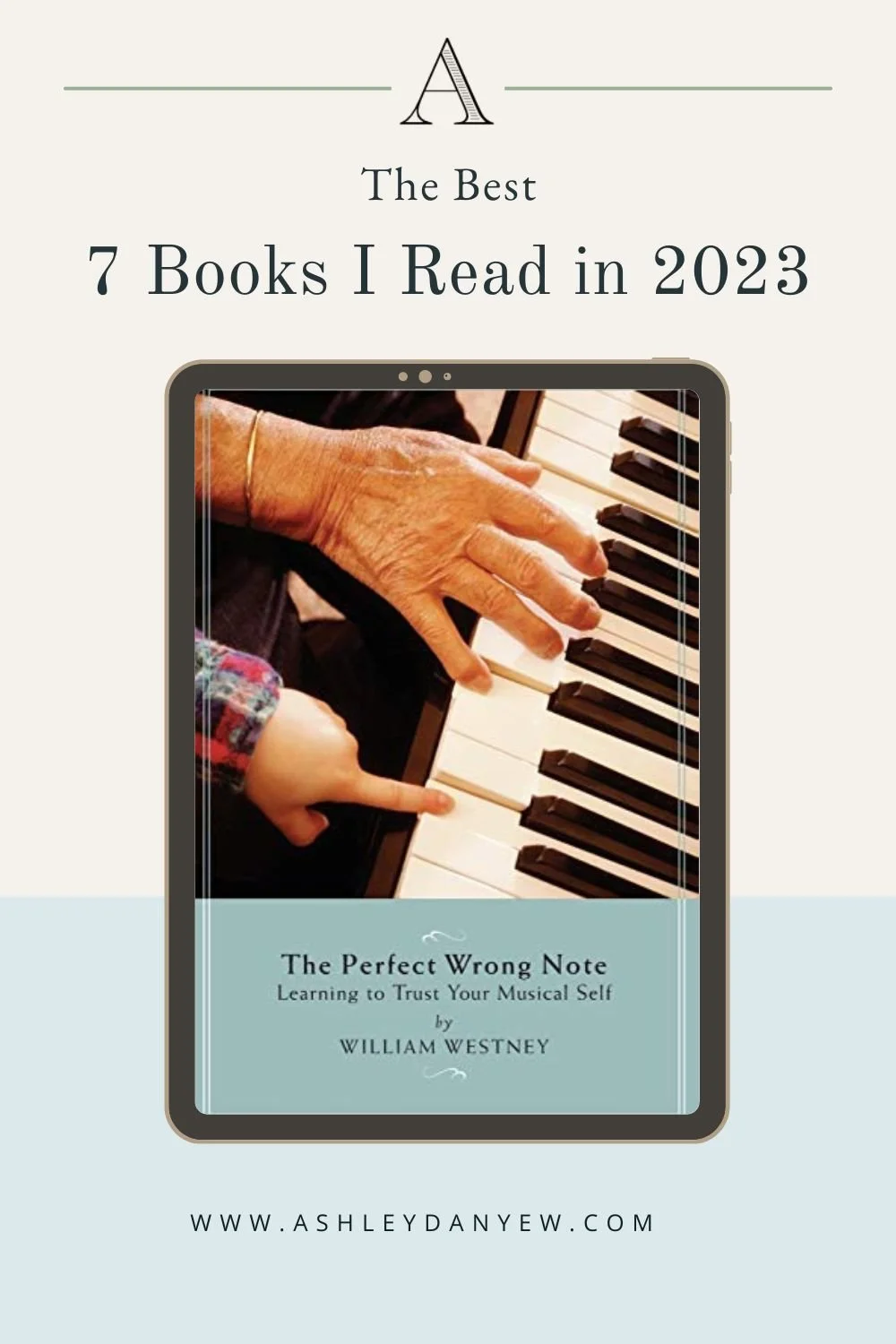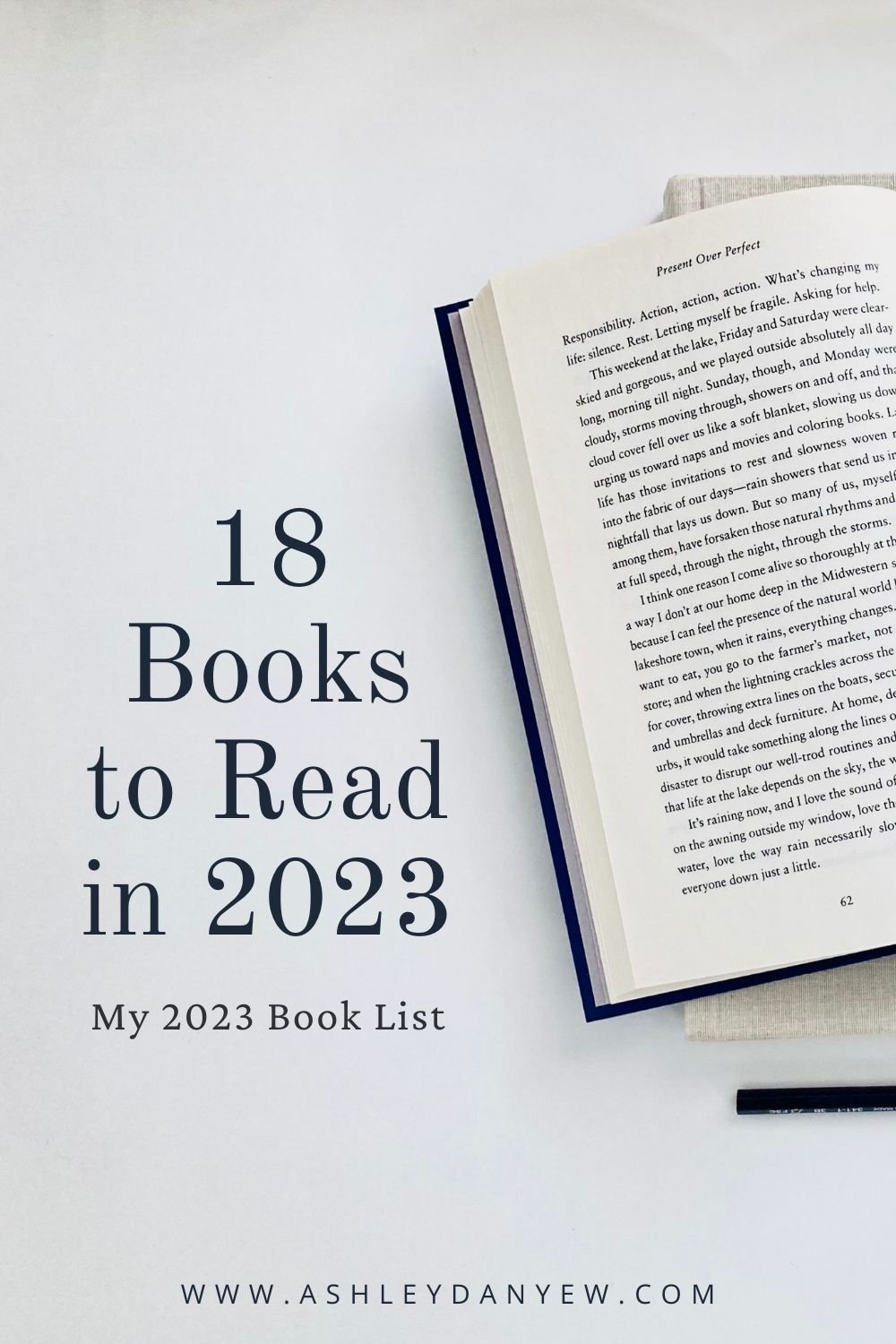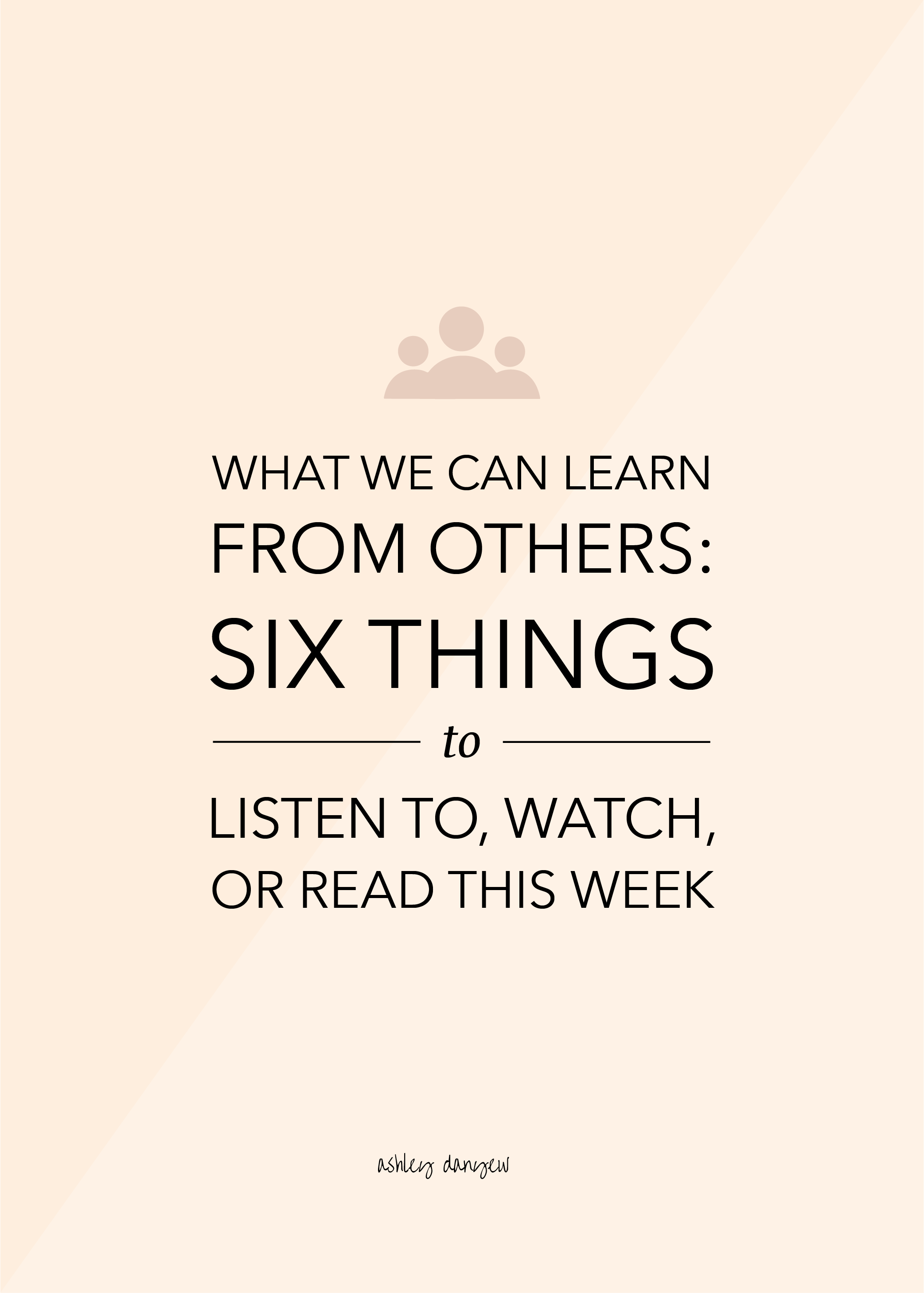The scene opens in an empty room with blank, white walls. A woman steps into the space, alone. "The blank space can be humbling," she writes. There's pressure to do something, to fill the emptiness, to create. But with practice and with the ritual of showing up, you grow accustomed to it. The author describes it as both her job and her calling.
"Bottom line," she writes, "Filling this empty space constitutes my identity.”
This is how the book, The Creative Habit begins. Author Twyla Tharp is a choreographer and dancer, offering insight into her creative practice and the rituals that accompany it.
As a creative, I love reading about other people's creative processes: their habits and work routines, the decisions they make, the way they think, and how they see the world.
Here are my three biggest takeaways from The Creative Habit (Learn It and Use It for Life).
*Disclosure: I get commissions for purchases made through links in this post.
No. 1 - Creativity begins with rituals.
“Turning something into a ritual eliminates the question, Why am I doing this?” Twyla Tharp writes.
We've all had those moments, right? Questioning our creativity, our practice, our work. Wondering why we chose this path or took this job or signed ourselves up for this creative challenge.
As a music student, showing up in the practice room every day was (or is) one of those rituals. It's just something you do. Another ritual might be sitting down to write in a particular place or at a set time each day. Maybe it's taking a walk midday or setting up a repeatable workflow that you use when preparing to teach.
Twyla Tharp writes, “The composer Igor Stravinsky did the same thing every morning when he entered his studio to work: He sat at the piano and played a Bach fugue.”
Similarly, “Beethoven would start each day with the same ritual: a morning walk during which he would scribble into a pocket sketchbook the first rough notes of whatever musical idea inevitably entered his head.”
Rituals help remove barriers to the creative process. They help us get to the creating part and not get stuck in the why-am-I-doing-this, am-I-any-good, will-I-ever-make-it part.
Reflection:
What rituals do you use on a daily or weekly basis?
No. 2 - Creativity is an act of defiance.
If I asked you to describe creativity, you might say something about the inspiration, the idea generation, the refining. You might talk about your craft or the pursuit of excellence or meaning or beauty.
Those are probably the things I would talk about, too.
I don't think I would have described creativity as an act of defiance before reading this book. This is how Twyla Tharp explains it:
“Creativity is an act of defiance. You’re challenging the status quo. You’re questioning accepted truths and principles. You’re asking three universal questions that mock conventional wisdom: 'Why do I have to obey the rules?' 'Why can’t I be different?' 'Why can’t I do it my way?' These are the impulses that guide all creative people whether they admit it or not. Every act of creation is also an act of destruction or abandonment. Something has to be cast aside to make way for the new.”
This is such an interesting perspective. Do those universal questions resonate with you like they did me?
One of the things I loved about this book was all the secret insights into composers and musicians (among other creators) that the author shares. For instance, when talking about defiance, she shared a story about Beethoven:
“Beethoven, the most truculent of artists, not only picked fights with musical forms, reinventing our notions of the shape and scope of symphonies and sonatas, he reinvented how society regarded composers and musicians. Before Beethoven, composers were treated like skilled servants; they were paid whatever their rich and royal patrons wanted to pay. Beethoven changed all that. He demanded and got lucrative fees for his services, and was one of the first composers to dine with his hosts rather than with the help when he performed in his patrons’ homes.”
Reflection:
What truths or structures or assumptions are you challenging with your creative work?
No. 3 - You have more skills than you think.
The creative process requires a certain set of skills. These are not special skills that only some people have or have access to; these are skills we all have or can develop.
Think about your creative practice and the skills you use to do your work.
If you're a music performer, you likely have technical skills on your instrument, listening skills, discrimination skills, and musical skills. But you also have athletic skills in the way you move your body, particularly hand-eye coordination, temporal skills — the ability to feel a sense of time inside, dramatic skills in the way you present yourself on stage, and collaborative skills.
Twyla Tharp, as a dancer and choreographer, describes having:
musical skills
dramatic and theatrical skills
painterly skills — "the ability to conceive images in two dimensions"
psychological skills — "knowing the strategies and techniques to get people to do what you want done"
motivational skills — "making people want to work with you and for you"
entrepreneurial and promotional skills
literary skills — "having a sense of beginning, middle, and end"
and more
She poses a challenge at this point in the book called, "Take Inventory of Your Skills." Basically, write down all the skills you feel you possess, maybe with a quick one-line description of how they relate to your work.
Then, she writes, “Pick one of your skills from the list you made . . . . Now remove it. What’s left? What can you accomplish without it? What does it say about your work habits, your art, your potential?”
This is a powerful exercise.
First, I think sometimes as artists, we recognize only the skills that are directly related to our work or craft. As musicians, we value and prioritize our musical skills and we tend to dismiss the skills that feel nonmusical or tangentially related. If something happens in life that challenges our work as musicians, we feel lost and disconnected.
Maybe you've asked yourself, "What else can I do? I don't have any other skills." Or you struggle with your identity as a musician when you don't have a reason to practice every day.
The value of this exercise is to help you recognize all the different skills you have, beyond your area of expertise. These are the skills that support and feed your creative practice, not just in your discipline, but in other contexts, as well.
Reflection:
How can you combine and integrate the skills you have to create something unique and meaningful in the world?
I hope you enjoyed reading my takeaways from The Creative Habit and that it inspires your creative practice in some way.
I’d love to hear from you.
Have you read Twyla Tharp’s book? If so, I’d love to hear your thoughts. What daily or weekly rituals are part of your creative practice?



